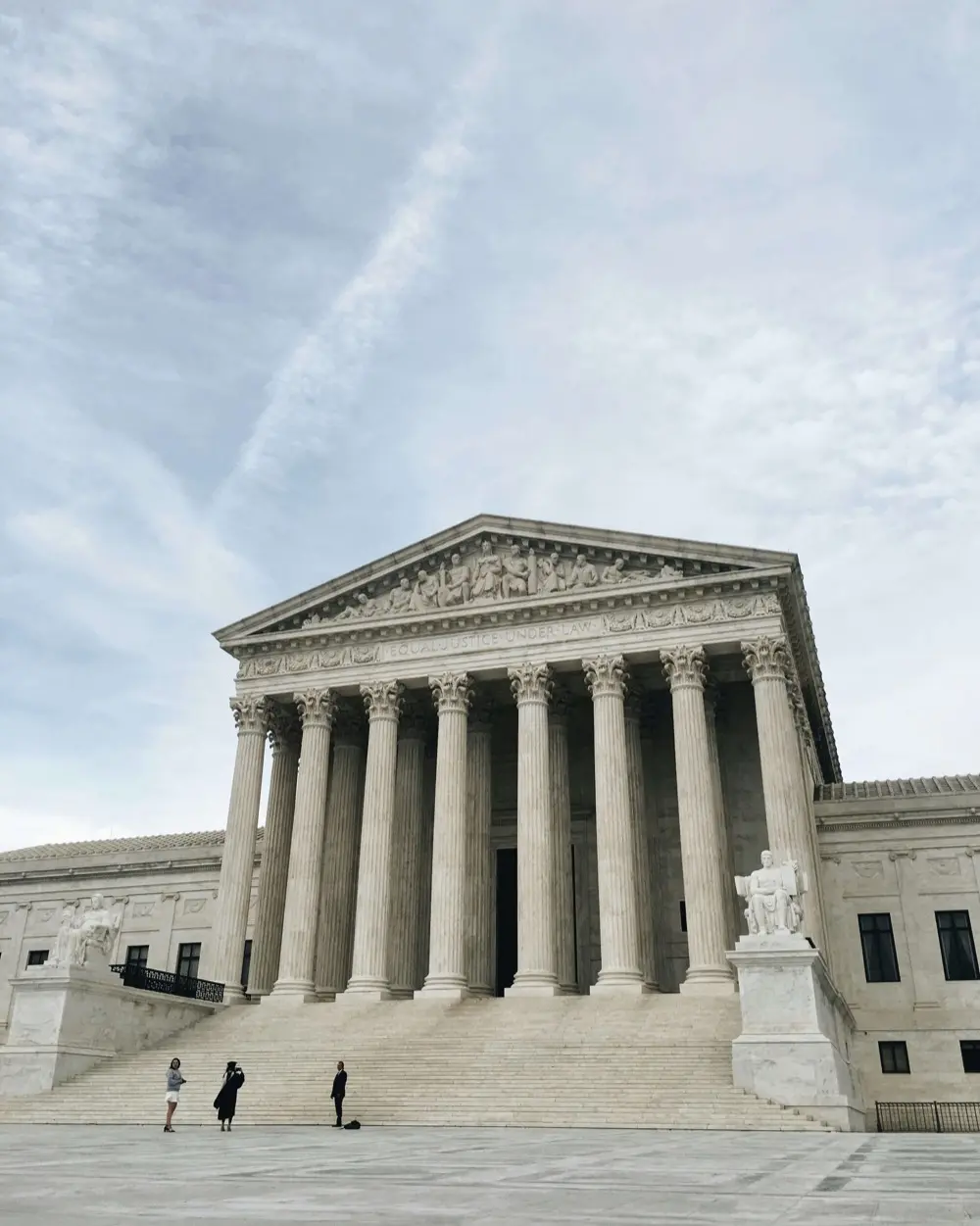

Chat with RedAwning
Interested in learning more about our services? Call or text us and we'll connect you with the right person.

(415) 223-2830
Book a meeting
Interested in talking to an RedAwning vacation rental management expert? Schedule time with our team.
Book a meeting

Log in
Schedule a call

Chat with Awning
Interested in learning more about our services? Call or text us and we'll connect you with the right person.

(415) 223-2830
Book a meeting
Interested in talking to an Awning vacation rental management expert? Schedule time with our team.
Book a meeting



.webp)

.webp)

.webp)





